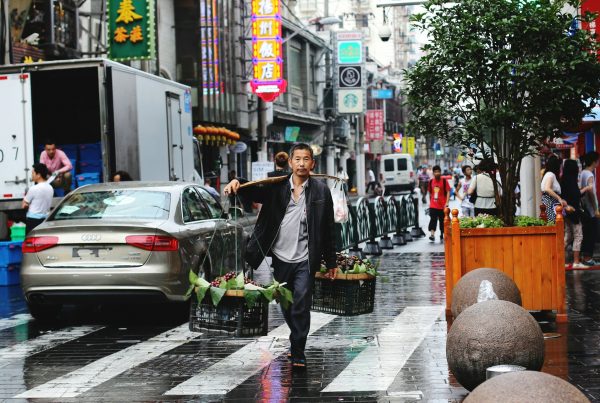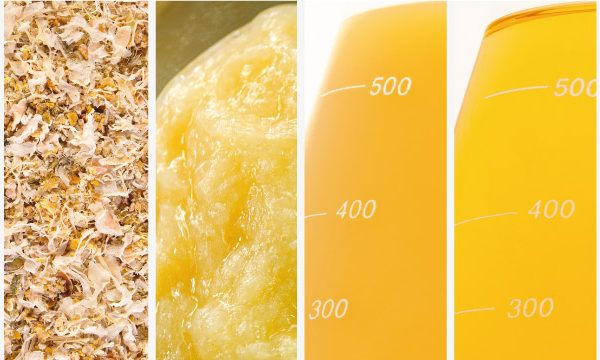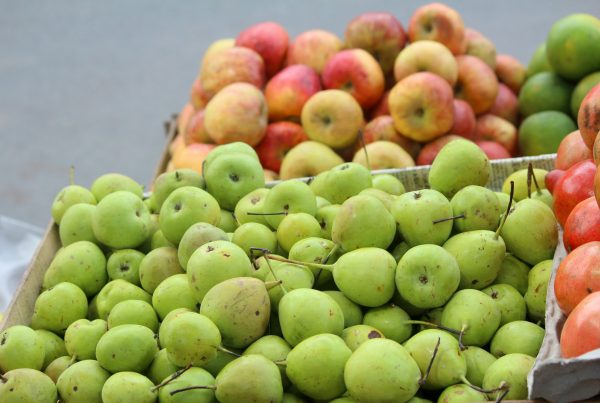Newsletter 179 – 01.24.2025
At the end of 2023, Argentine politics took a 180º turn. After 20 years of populism that ended with 240% annual inflation, economic collapse, and growing poverty, society decided to put an end to that cycle and voted for the ultra-liberal Javier Milei. This meant a radical change in the way politics and the economy were carried out. In the first year of the new government, huge cuts were made in public spending, bureaucratic obstacles were eliminated, and corruption was tackled. Thanks to this, public debt was reduced and inflation was stopped from 20% to 3% per month. In monetary policy, the peso was strengthened and the gap between the official and parallel dollar was narrowed. But all these changes were not free; society had to make great sacrifices, with purchasing power plummeting and state jobs being reduced.
For the productive sector, Milei meant radically changing the approach of the business. After years of hyperinflation, financial dealings, speculation, the economy is on the way to normalizing. This means that it is possible to plan, program, settle accounts, etc. For the fruit industry, the benefits projected by the new system are not yet visible. It is necessary to move forward with the model. In the short term, the revalued peso and the high costs are a cause for concern. The promised reduction of taxes, so that the country becomes competitive again, has not yet occurred. Reforms in labor legislation are also lacking, a factor that has a great impact on the fruit industry. Another point that is pending is international trade relations. Tariff reductions have not yet been negotiated, trade agreements signed, or new markets opened.
Thus, 2024, Milei's first year, ended "without pain or glory." Fresh fruit exports in 2024 reached 720,000 tons and 535 million US$. These values are slightly higher than those of the last two years, but they are far from the historical levels, when we exported more than 800 thousand tons and foreign exchange earnings were 700-800 million US$. Therefore, for now we cannot speak of a recovery, simply a slight improvement. However, the situation varies depending on the fruit, as the international situation is added to the national panorama. The latter was especially difficult for lemon, a fruit that faces a global crisis due to excess production. The outlook for both fresh and industrialized lemon is complex. This was reflected in exports; the 170,000 tons of fresh lemon shipped in 2024 are the lowest in the last decade. There was no interest in lemons in foreign markets. In contrast, there are the sweet citrus fruits. Due to the strong losses recorded in the two main producing regions, Brazil and Florida, there is a great shortage of oranges worldwide. Mandarin oranges are also increasingly in demand due to the success they are having with northern consumers. On the other hand, sweet citrus crops recovered in Argentina, after two very complicated years due to lack of rain. 66,000 tons of oranges were exported (+87% compared to 2023) and 34,000 tons of mandarins (+33%).
Of pears, which are the first fruit exported by Argentina, 344,000 tons of pears and 78,000 tons of apples were shipped. This is slightly more than in recent campaigns. Shipments from overseas and Latin America have partially recovered. The biggest problem for both fruits is that the main destination is Brazil, a country that is suffering strong falls in its currency, making imported fruit an expensive product for Brazilians. A similar situation occurs in the case of Russia, which is another important destination for pome fruits.
The situation was generally favorable for minor fruits, such as cherries, table grapes, peaches and kiwis. Their exports recovered and were well above those of the last two years. Blueberries were less fortunate, as they cannot compete on the world market due to high domestic costs. Only in the organic sector do they have opportunities. Currently, one third of what was exported 5-10 years ago is exported.
It will take time for fruit growing to regain its economic importance. Many years of crisis have meant that the sector has not been able to update itself to the desired extent. Modern fruit growing is only competitive if it has a complete technological package. Fruit growers are well aware of this, work is already being done on this, but there is still a long way to go. On the one hand, there is the incorporation of new technologies (irrigation, covers, anti-frost and anti-hail systems), on the other hand, progress must be made with better management systems, replacement of varieties, increased yields and improved fruit quality. The objective is to recover the fruit sector so that it regains the importance it once had, thanks to competitive and sustainable development.








